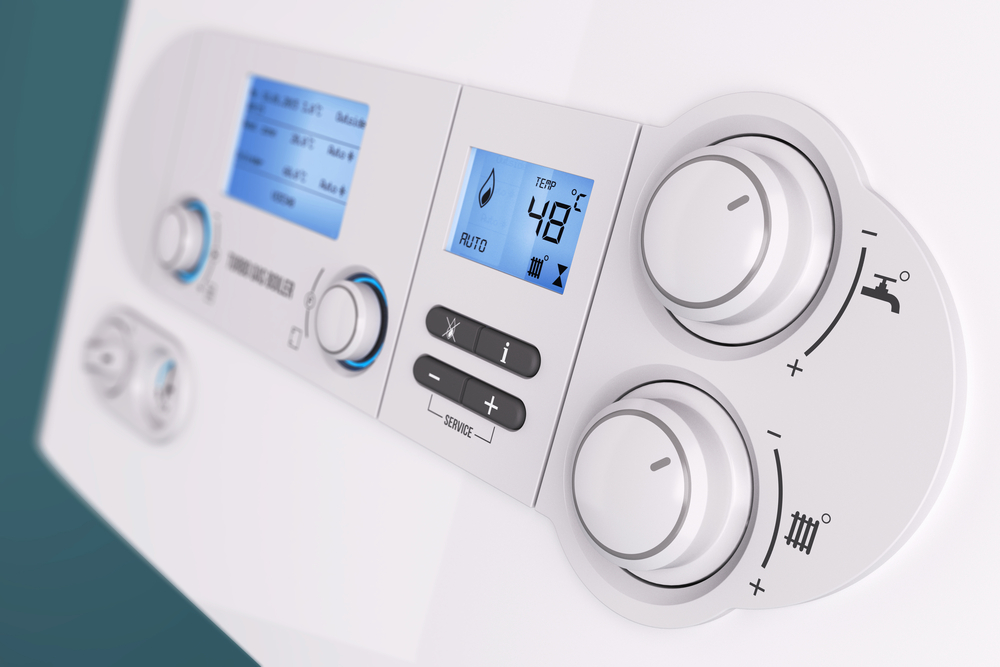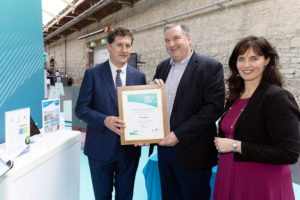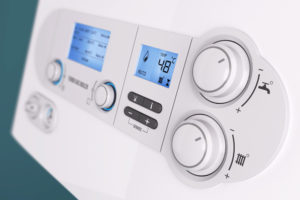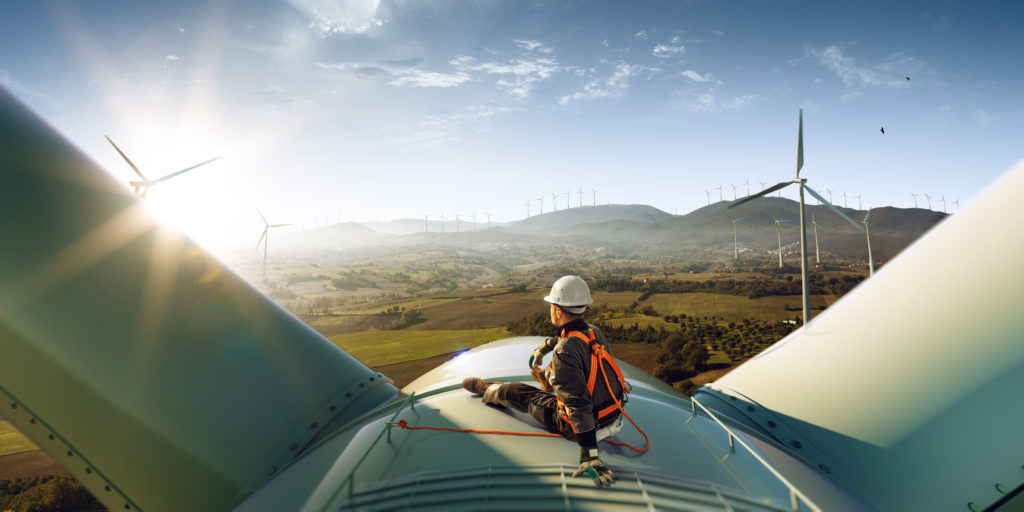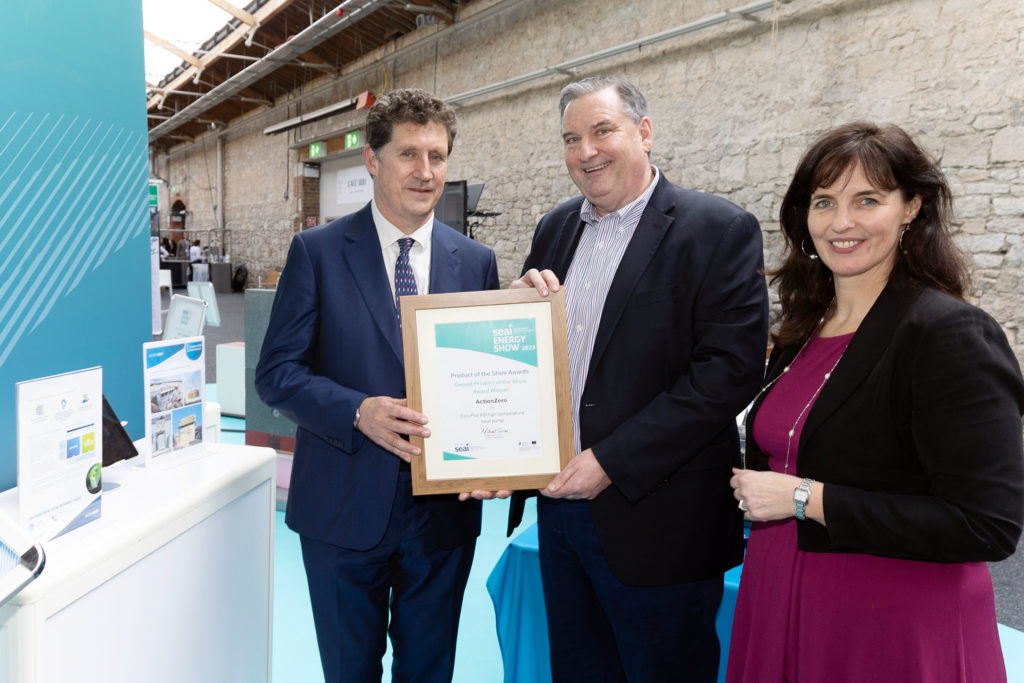The conversation surrounding climate change has become more heated – quite literally – in recent months since COP26.
It was at the global climate conference in Glasgow last October that the need for urgent action became clear if we’re to protect the world as we know it.
The main takeaway from the summit was undeniable. We must secure net-zero emissions by 2050 and keep global temperature rise below 1.5 degrees celsius if we’re to stop catastrophic climate changes that can’t be undone.
A big part of achieving this ambitious target will be to eliminate the burning of fossil fuels. However, to achieve this, countries will need to accelerate the phase-out of coal and encourage investment in renewables.
Making the switch to renewable energy has been a long time coming, however, the pace of change has been slow.
But could all that change with the transition to innovative heat pumps technology, replacing conventional gas and boilers?
The impact of fossil fuels on climate change
It’s no secret that fossil fuels have been the go-to energy source for more than a century. In fact, oil, gas and coal account for more than 80% of global energy sources.
In the Statistical Review of World Energy by BP, an analysis of the global primary energy sources show that oil accounted for 33.1%, gas 24.2% and coal 27%, adding up to 84.3% of the world’s energy consumption coming from fossil fuels.
While this is down from the peak in 1966 (fossil fuels accounted then for approximately 94% of the world’s energy consumption) this rate of decline is far too high if we’re to avoid the catastrophic changes from increasing temperatures.
Around 15 billion metric tons of fossil fuels are burned every year throughout the world, pumping carbon dioxide into the environment, and this is where the issue lies.
Carbon dioxide is a greenhouse gas that represents 65% of total greenhouse gases, and the main source of that pollution is from fossil fuels and industrial processes.
Even at a household level, in Ireland, the residential sector is the second-highest source of CO2. In 2020 the residential sector accounted for 29% of energy-related CO2, an increase from 2019 when it was 24%. In both 2019 and 2020, the residential sector was the second-largest source of CO2 emissions after transport with emissions from the residential sector greater than those from industry.
We must switch to renewable, clean energy sources if we are to save our planet.
Eliminating CO2 from Irish homes and businesses
A quick win in the battle against climate change would be to rethink how we heat homes not only in Ireland but around the world.
If households are some of the biggest contributors to Ireland’s CO2 levels we must make moves to change that. But how?
Although for many decades now the conventional boiler and radiator system had been the heating system of choice we are finally transitioning to heat pump technology with the majority of new homes being built with a modern heat pump system.
What is a heat pump?
In simplest terms, heat pumps extract free heat from the air or from pipes in the earth to heat water that can then be used to heat homes and also for commercial processes.
Most importantly, however, they’re powered by electricity which means they don’t emit carbon unlike conventional gas and oil boilers.
As Ireland transitions towards a greener future by producing more of its own electricity from renewable sources such as solar and wind, heat pumps are gaining steady momentum with homeowners and commercial enterprises.
Heat pumps vs boilers
There are clear advantages with heat pump technology over conventional boilers.
Future carbon tax increases which have been clearly flagged will mean that burning fossil fuel in conventional boilers will become prohibitively expensive while constant improvements in heat pump technology will result in heat pumps becoming the obvious choice for consumers.
Let’s break it down into three categories: efficiency, maintenance, and carbon footprint.
Efficiency
When it comes to efficiency there’s only one winner – the heat pump.
An air-source heat pump can achieve efficiencies of around 300% with 3kWh of usable heat for every 1kW of electricity, while a ground or water source heat pump can achieve 400%, that’s 4kWh of heat for every 1kW of electricity.
Condensing gas boilers, in comparison, will be pushed to reach an average efficiency of around 90%, producing 0.9kWh of heat for every 1 kWh of gas.
Traditionally the difficulty with heat pumps was that they would only heat the water efficiently to about 40 degrees celsius whereas the traditional oil/gas central heating boilers require water at about 75 or 80 degrees Celsius. However recent innovations in Heat Pumps is changing that and our ActionZero EscoPod patented technology can achieve temperatures of up to 90 degrees celsius.
Maintenance
Another benefit of heat pumps is that they require very little maintenance. They typically have a life expectancy of around 20-25 years and the pipes for a ground collector can last over 100 years. That means if you ever need to replace the pump, it’s highly unlikely you’d need to redo the groundwork. This significantly reduces the cost
At ActionZero we are also committed to supporting clients through their entire heat pump experience. We not only supply and install our EscoPod but we can also provide ongoing support and maintenance to ensure that the EscoPod system delivers the return on investment.
Gas boilers are also relatively efficient, with an average lifespan of around 15 years. They do, however, require an annual service that comes at an additional cost.
Carbon footprint
As previously mentioned, heat pumps are much less impactful on the environment than conventional fossil fuel boilers.
A gas boiler can produce around 215g of CO2 per kWh of delivered heat. A heat pump, on the other hand, runs on electricity and therefore produces zero carbon emissions.
However, it’s important to acknowledge that electricity is currently more expensive than gas and oil. The electricity can also come with a carbon footprint, unless it is from a renewable source such as solar or wind power.
Ground source heat pumps that utilise 100% green electricity will produce no carbon dioxide.
The future of heat pumps
So, the real question here is does the heat pump signal the death knell for traditional oil and gas boilers?
The obvious answer here is yes, but there is still much work to be done. There are clear environmental advantages of heat pumps but they come at a cost.
In Ireland we need to maximise the production of offshore wind that will provide the carbon-free electricity. We have a huge advantage over other countries in the amount of offshore wind available to us and we can use this electricity to power the changeover to heat pump technology.
We at ActionZero specialise in the decarbonisation of heat using our patented EscoPod technology. We can help your company eliminate emissions and at the same time reduce energy costs by 70% using our exclusive heat pump technology.
